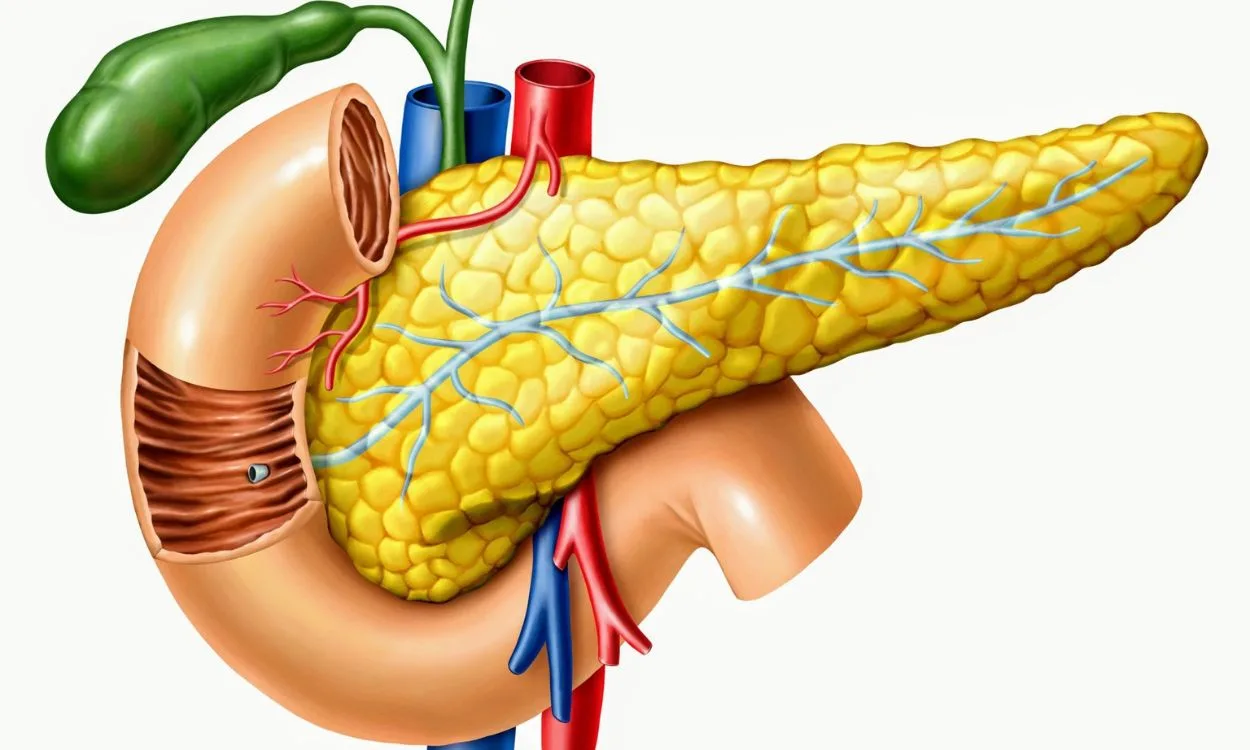How does the body’s insulin production and utilization work?
Insulin is a hormone produced by the pancreas that plays a crucial role in regulating blood sugar levels and ensuring the proper functioning of the body. When we consume food, especially carbohydrates, our body breaks them down into glucose, which is then released into the bloodstream. This rise in blood glucose levels triggers the pancreas to release insulin. Let’s take a closer look at how insulin production and utilization work in the body.
Insulin Production:
- Pancreatic Beta Cells: Insulin is produced by specialized cells in the pancreas called beta cells. These cells are located in clusters called islets of Langerhans.
- Glucose sensing: Beta cells have glucose sensors that detect the rise in blood glucose levels. When glucose levels increase, beta cells are stimulated to release insulin into the bloodstream.
- Insulin Secretion: Insulin is released in response to elevated blood glucose levels in a pulsatile manner. Small amounts of insulin are continuously released, known as basal insulin secretion, to maintain normal blood sugar levels. When blood glucose levels rise significantly, such as after a meal, beta cells release a larger amount of insulin, known as bolus insulin secretion.
- Insulin Regulation: The production and release of insulin are regulated by various factors, including blood glucose levels, other hormones (such as glucagon), and neural signals. This ensures a fine balance between insulin secretion and glucose utilization.
Insulin Utilization:
- Cellular Uptake: Once insulin is released into the bloodstream, it binds to insulin receptors on the surface of target cells, such as muscle, fat, and liver cells. This binding activates a series of cellular processes that facilitate the uptake of glucose from the bloodstream into the cells.
- Glucose Entry into Cells: Insulin promotes the translocation of glucose transporters (GLUT4) from intracellular compartments to the cell membrane. These transporters facilitate the entry of glucose into cells, especially muscle and fat cells. Once inside the cells, glucose is either used for immediate energy production or stored as glycogen for later use.
- Liver Regulation: Insulin also plays a crucial role in regulating glucose production in the liver. It suppresses the liver’s release of stored glucose (glycogenolysis) and inhibits the production of new glucose (gluconeogenesis). This helps maintain optimal blood sugar levels.
- Other Effects: Insulin has various other effects on the body. It promotes protein synthesis, inhibits protein breakdown, and enhances fat storage. It also regulates the metabolism of other nutrients, such as amino acids and fatty acids.
Importance of Insulin:
Insulin is essential for maintaining proper blood sugar levels and overall metabolic health. Here are some key points highlighting the importance of insulin:
- Blood Sugar Regulation: Insulin helps lower blood glucose levels by facilitating its uptake into cells, preventing excessive glucose accumulation in the bloodstream.
- Energy Balance: Insulin promotes the storage of excess glucose as glycogen in the liver and muscles, which can be used as a source of energy when needed.
- Muscle Growth and Repair: Insulin plays a crucial role in promoting protein synthesis, which is important for muscle growth and repair.
- Fat Metabolism: Insulin regulates the storage and breakdown of fats in fat cells, ensuring a proper balance between fat storage and utilization.
- Prevention of Hyperglycemia and Hypoglycemia: Insufficient insulin production or insulin resistance can lead to high blood sugar levels (hyperglycemia) and, in severe cases, to the development of diabetes. On the other hand, excessive insulin production or administration can cause low blood sugar levels (hypoglycemia).
Understanding the functioning of insulin is vital for maintaining optimal health and preventing metabolic disorders. If you want to monitor and manage your metabolism effectively, Fitpaa offers an end-to-end AI-driven solution that can help you achieve your health and fitness goals. Download the Fitpaa app now and embark on a journey towards a healthier and fitter you.









